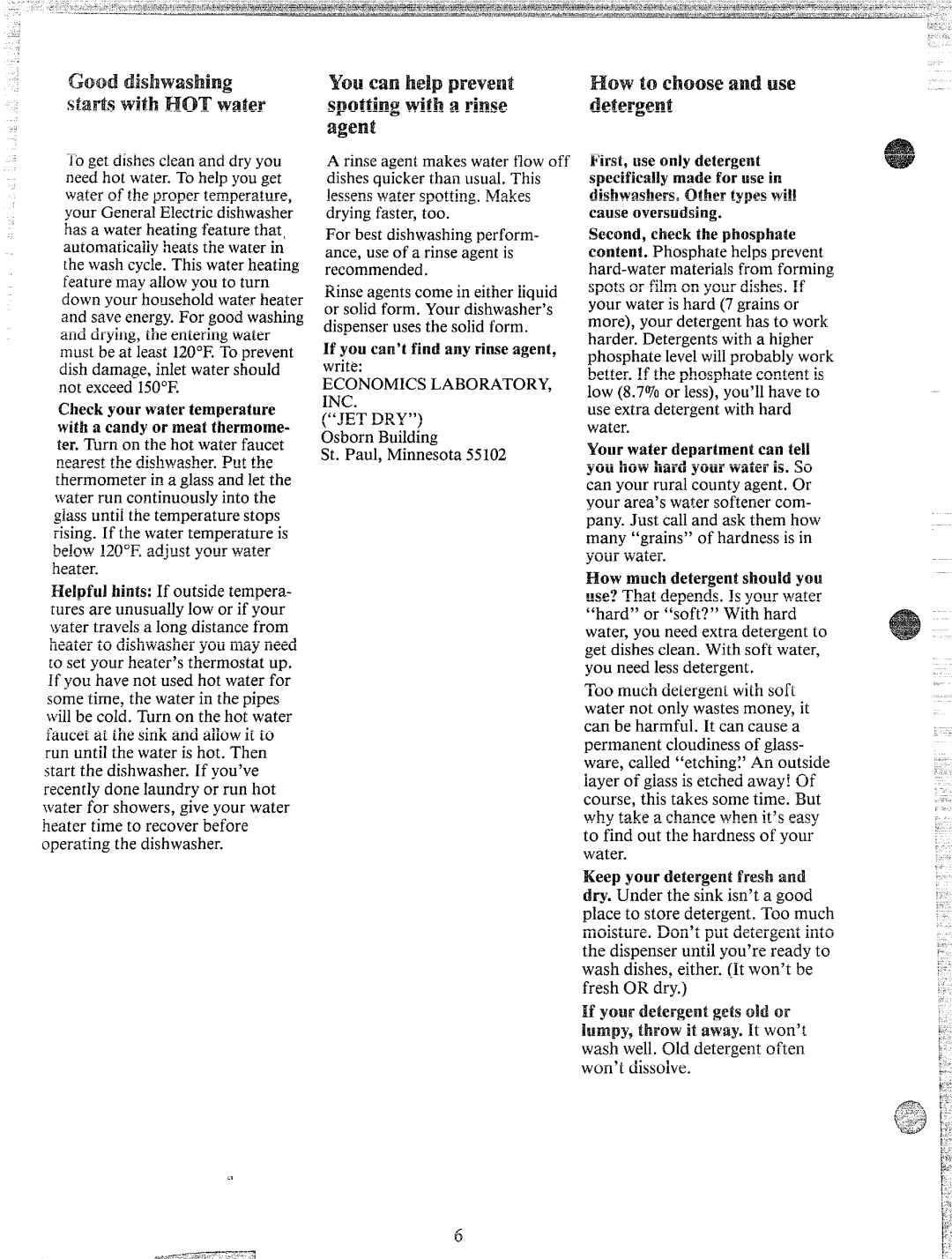GSD400Y-04 specifications
The GE GSD400Y-04 is a state-of-the-art gas turbine generator set known for its advanced aerodynamics and high efficiency. Designed for various power generation applications, this model captures the essence of GE's decades-long expertise in energy technologies. Engineered with reliability and performance in mind, the GSD400Y-04 stands out in the market due to its robust construction and innovative features.One of the main features of the GSD400Y-04 is its high thermal efficiency, which is achieved through advanced combustion technology. The turbine utilizes a dry low emissions (DLE) combustion system that minimizes nitrogen oxide (NOx) emissions, making it an environmentally friendly option for new power generation facilities. This feature enables operators to meet stringent environmental regulations while maintaining competitive operational costs.
Additionally, the GE GSD400Y-04 boasts a modular design that simplifies installation and maintenance. The generator set can be easily integrated into existing power plants or deployed in new infrastructure. The modular components allow for quick repairs and easy access to critical parts, reducing downtime and enhancing operational efficiency.
Another remarkable characteristic of the GSD400Y-04 is its flexible fuel capability. It can efficiently operate on a variety of fuels, including natural gas, liquid fuels, and syngas. This versatility enables operators to optimize fuel choices based on availability and cost, thus ensuring maximum economic performance.
Technologically, the GSD400Y-04 incorporates GE’s advanced digital solutions, which enhance monitoring and control functionalities. Integrated software solutions provide real-time data analytics, allowing operators to make informed decisions related to performance and maintenance. Predictive maintenance capabilities help minimize unscheduled outages, ensuring a reliable power supply.
In terms of output, the GE GSD400Y-04 delivers impressive power generation capabilities while maintaining a compact footprint. It is designed to fit into smaller spaces without compromising performance, making it an ideal choice for both industrial and commercial applications.
In conclusion, the GE GSD400Y-04 represents the pinnacle of modern gas turbine technology. With its focus on efficiency, flexibility, and reliability, it stands as a testament to GE’s commitment to providing innovative energy solutions that meet the evolving demands of the global market.

